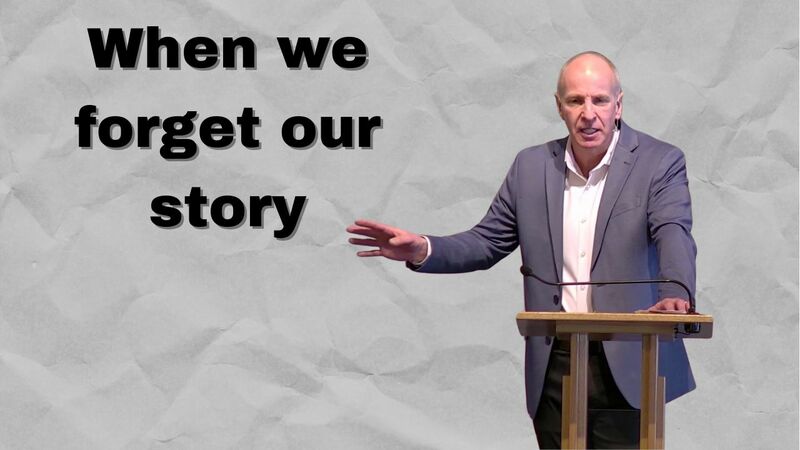
In this powerful exploration of the book of Judges, we're confronted with a sobering mirror of our own spiritual journey. The Israelites' cycle of sin, oppression, and deliverance isn't just ancient history—it's a reflection of our own struggles with idolatry and forgetfulness. We're reminded that true freedom isn't found in military might or political power, but in remembering and living out our identity as God's people. The violence and darkness in Judges serve not as mere cautionary tales, but as urgent wake-up calls to examine our own hearts. Are we, like the Israelites, forgetting our story and chasing after modern-day Baals? This message challenges us to intentionally engage in practices that keep us rooted in God's narrative—worship, prayer, Scripture reading—lest we too spiral into spiritual amnesia and moral decay. It's a call to vigilance, reminding us that our choices today shape the legacy we leave for future generations.
How might our lives look different if we truly remembered and internalized God's story and our place in it, as the Israelites failed to do in Judges?
In what ways do we, as modern Christians, risk forgetting our spiritual identity and falling into patterns similar to those in the book of Judges?
How can regular worship practices and rituals help shape our hearts and minds to resist the allure of modern-day idolatry?
What are some contemporary 'iron chariots' that we might use as excuses for not fully obeying or trusting God?
How does the cycle of sin, oppression, crying out, and deliverance in Judges reflect patterns we might see in our own spiritual lives or in society today?
In what ways might we be tempted to seek political or social 'judges' to save us, rather than addressing the root causes of our problems as a society?
How does the story of Ruth, set 'in the days of the judges,' offer hope and contrast to the darker narratives in the book of Judges?
What does it mean for us today to give our allegiance solely to God, and how might that challenge our other loyalties or priorities?
How does celebrating communion remind us of our global Christian identity, and how might this perspective change our approach to local and global issues?
In what ways does the message of Judges challenge our desire for control and independence, and how can we cultivate a healthier dependence on God?


.png)